
The Post Secondary Transition Podcast
A podcast focused on the ins and outs (and everything in between) of the secondary transition process for families of students with disabilities! Hosts Meghan (Smallwood) and Patrick (Cadigan) serve as supportive guides, leading families step-by-step up each rung of the transition ladder.
Also check out our parent website: https://www.postsecondarytransition.com
The Post Secondary Transition Podcast
071. Financial Literacy Quicklook
Hosts Meghan (Smallwood) and Patrick (Cadigan) have a short discussion on the importance of financial literacy for students with disabilities, noting a common stigma that they cannot manage their own money. They emphasize the shift from handling cash to using debit cards and the need for basic financial education. Practical strategies include community-based instruction, involving students in household financial decisions, and using chores and allowances to teach budgeting. They highlight the significance of understanding banking, the difference between necessities and luxuries, and the impact of taxes on paychecks. Join the conversation!
Episode Keywords:
Financial literacy, students with disabilities, money management, debit cards, community-based instruction, independent living skills, budgeting, vocational skills, banking, necessities vs luxuries, SSI, paycheck, credit card, financial independence, transition process.
Links:
SSI (page)
SSI Discussion- Ep. 21 (link)
ABLE National Resource Center (site)
Maryland (specific) Links/Supports:
Centers for Independent Living (site)
To download a copy of a transcript for this episode or any of our previous conversations, click here.
Also visit our Podcast webpage to find links to all of our other discussions; go to www.p2transition.com.
Additional information about post-secondary transition can be found at our website.
The Post-Secondary Transition Podcast Facebook page.
Visit our YouTube Channel to find additional video resources.
Intro/Outro music by AudioCoffee from Pixabay.
Transition music by Joseph McDade from Transistor.
Patrick, welcome. This is the Post Secondary Transition podcast where we cover the ins and outs and everything in between of the transition process for families of students with disabilities. I am one of the hosts. My name is Patrick Cadigan, and as always, I have a co host. And who would that be?
Meghan Smallwood:Yep, I am Meghan Smallwood, and I am, oh, my God, my brain just...what was I saying?
Patrick Cadigan:I think you were talking about the fact that you're a host.
Meghan Smallwood:Yeah, and I am Meghan Smallwood, and I am the other host.
Patrick Cadigan:So this week, both Meghan and I are a little bit under the weather, if you can't already tell from our voices, but something that had come up last week that we thought we would touch upon today in our discussion is that of financial literacy. So Meghan, what were you thinking that we should be talking about?
Meghan Smallwood:Yeah, it's a topic that I know we focused a lot on over the last few years, with our students in the classroom, but I feel like there's such a stigma about students or individuals with disabilities and managing their own money. I know, growing up, you know, back in the 90s, I don't the topic wasn't covered a lot. For my sister to this day, I know she receives a paycheck from her job, and she doesn't need a choice in it. She doesn't care how much money it is. It means nothing to her. And it's a, it's something that I wish she had a little more investment in and knowledge about. So it's, it's a topic dear to my heart, and I recognize, and I think, you know, a lot of our educators and families recognize that some of these concepts can be really hard to understand, but just that exposure and giving that basic idea about money and being safe with it, and some of that basic ideas that we all should know is important.
Patrick Cadigan:That was actually something that had come up just last week in discussion with some teacher friends of mine, where they were expounding on the virtues of understanding money, but then also recognizing the changes that have happened, where now there's actually very little paper money that's actually being exchanged right like it's now gone to a more credit based system, or at least using a debit card. So, and that's a different, you know? That's a different function, so to speak.
Meghan Smallwood:Yeah, and I feel like for so many years, when I was in the classroom, we did focus on counting change and counting bills and next dollar up, which are all great ideas and strategies. But you're right, like a lot of people are using debit cards now and pre filling the card with a certain amount of money. I mean, look at like the even the ABLE account has debit card to use, so it's important just to have that basic knowledge of what it means. I mean, I think of gift cards. Even my sister gets a gift card for Christmas, and she puts it right in her drawer and never looks at it again. So understanding what it means is is very important, and it's things that you know, teachers can teach, but also families can implement at home. So I think with financial literacy, it's just important that the individuals with disabilities learn just how to manage and make good decisions about their money, and it's also an important key to giving them some more independence.
Patrick Cadigan:Well, and I think that one of the things that doesn't come up in the conversation, and you've said it before, is that people with disabilities can manage their own money.
Meghan Smallwood:Absolutely. And I know as teachers, you know, we really try to hone in on these concepts, especially during those transition years. I know, just in the classroom, from what I've witnessed and what I've done, we practice a lot of real life examples with, you know, structured learning experiences. But also when we go out in the community, we do a lot of community based instruction, where maybe we'll go out to lunch and they have to bring money or bring their debit card, and we help them determine if they have enough or if their meal they'll get change back for their meal. That's something that's also very important that they learn not to walk away if they're due money back. There's also resources out in the community that families can access, such as a center for independent living, and they really will help students too with independent living skills like that, money management, I mean, something as simple as making change for the bus fare. You know, those are little things I think many people take for granted, but it is something that we can teach and reinforce for our individuals with disabilities.
Patrick Cadigan:So when we talk about, when you say reinforcement, how can families reinforce these concepts? Like, what are some of the things that they can do to kind of jump in?
Meghan Smallwood:I think that's, you know, it's a scary idea, like, oh my gosh, how am I going to do this for them? But really, it's just including them in their everyday conversations at home. I mean, it's something as simple as showing them. The grocery list. You know, I just made my grocery list and went shopping this weekend with my kids, explaining to them that we have a budget for the food, so we have to compare prices when we shop. We don't want to buy the more expensive item we would like to save money if there's coupons or if there's sales going on, let's pay attention to that, and even having them add up the different items on a calculator as they go, just to practice that budgeting, those little things can, over time, really start to sink in and get them to practice these skills more and more. I think about, you know, we always talk about vocational skills, right? And having them do more chores at home to help, you know, reinforce what they're doing at work or at school, implementing an allowance for them for every chore they do, you know, even if it's a couple dollars, that will help practice with budgeting. I think just, you know, I've done that with my kids too, just teaching them that also, when you do work, you earn a paycheck. I mean, that's something, like I said, my sister still doesn't have, so I think that's something that we can start, even at a young age.
Patrick Cadigan:Kids doing stuff around the house for money. Some people call that bribery.
Meghan Smallwood:What a concept, Yeah, amazing, though it works.
Patrick Cadigan:All right. And then along the lines, again, of concepts that might be hard to understand, you have brought up before about banking and how they need to be aware of that. So do you...
Meghan Smallwood:Right.
Patrick Cadigan:...want to touch on that?
Meghan Smallwood:Yeah, I think banking is also a very scary thing, because, you know, when you when the students turn 18, that's really when I think that comes to fruition. Because if they're receiving SSI, where is this money going to go? Some of them have never had a cat an account to themselves. You know, I think sometimes parents are a little nervous about them having an account in their name, but I think having them involved in that process and aware of this money coming in for them is so important, especially if you know, when we've talked about SSI before and how to increase the amount you get, you technically pay rent, they're aware of that they're paying their portion to live in a house, Just like any other individual over 18 without a disability may be doing if they move back home, or they're going out and living in an apartment. So I think the little things that we just take for granted and just write off, I mean just including them in the conversation, so they know where the money is going, although they have money coming in, and where the money is going, and what form that everything does cost money. Like I mentioned to my sister, having a job and getting a paycheck, I think just going over what that means when they get it. Some of our students, I know that would get a paycheck, and they'd get all excited, and then they'd see, well, why didn't I get all my money? You know, explaining to them that they're paying taxes and there's money being taken out. So you may think you're going to get X amount, but when you actually get your paycheck, it's not so that helps with the budgeting aspect as well. I think that having a bank account that they could access, like we talked about using a debit card, making them aware of not overspending, being sure that they know how much they have to spend, and staying within that range. And also the differences between that and a credit card. You know, I know, when I was young and first had a credit card, I was like, Oh, great, free money. You know, I don't have to pay this right now. So again, just being sure, as basic as it can be, you know that they might need to know you still have to pay for this, you still have to budget, and that's still going to be your money.
Patrick Cadigan:Again, kind of knowing those little differences.
Meghan Smallwood:Yeah, and you know something, I remember going over a lot with students, it was just the difference between necessities and luxuries, that can be a hard concept, too, because, you know, we see something that we really want and we're fixated on it, just explaining to them, okay, that's nice, but it's not something that we need. However, we can practice saving up for an item, and that's something the parents can also do at home. You know, if the the house needs to buy a new TV, they can be involved in the process of, okay, we're going to save the money up. Let's look and compare prices. Let's see what the better deal is. And just, you know, making them involved so that they understand a little better.
Patrick Cadigan:Yeah, that sounds really good. And with that, this has been a relatively short conversation, even though we try to keep our discussions short, but these are really designed and intended to start a conversation within families and and we hope that that this is helping just a little bit. I think I can speak for Meghan, when we say that we're really looking forward to getting back to kind of like a more regular schedule and health. And umm...
Meghan Smallwood:Yeah.
Patrick Cadigan:But boy, oh boy.
Meghan Smallwood:I do like these topics, though, and I think it is great for families to think about these things, and even if it just, you know, plants the seed, talk to other people, find out what they might be doing for their child or, you know, young adult with a disability. It just helps to get you thinking
Patrick Cadigan:Yeah, and always keep in mind that there are links in the show notes to the things that we discuss and some resources that we think we could that can be helpful. So yeah, just because the conversation is short doesn't mean that there's not more to dive into and look into.
Meghan Smallwood:Right. And we're always happy to continue the conversation about these topics in later times too.
Patrick Cadigan:Sounds good. All right. Well, thanks everybody, and we will catch up with you soon.
Meghan Smallwood:All right, thank you. As always, you'll find links to the information from our conversations in our show notes. We would love for the information from this and all our other discussions to reach as many families as possible, and we need your help to do that. You can find our conversations at www.p2transition.com, like, follow, share out the podcast. Our conversations are posted to all the major platforms, including Apple podcasts, Spotify, YouTube music, and that's just naming a few. So please share and share often.
Patrick Cadigan:Please check out our YouTube channel. We've done some of the legwork for you by curating videos of topics that revolve around transition. We have playlists for guardianship, alternatives to guardianship ABLE accounts, and there's more to come, so please be sure to subscribe there as well. And finally, check out our website, which is full of information and links to resources around the transition process. Open your web browser of choice and surf to www.postsecondarytransition.com we thank you so much for the time that you've spent with us, and look forward to talking again soon.
Podcasts we love
Check out these other fine podcasts recommended by us, not an algorithm.
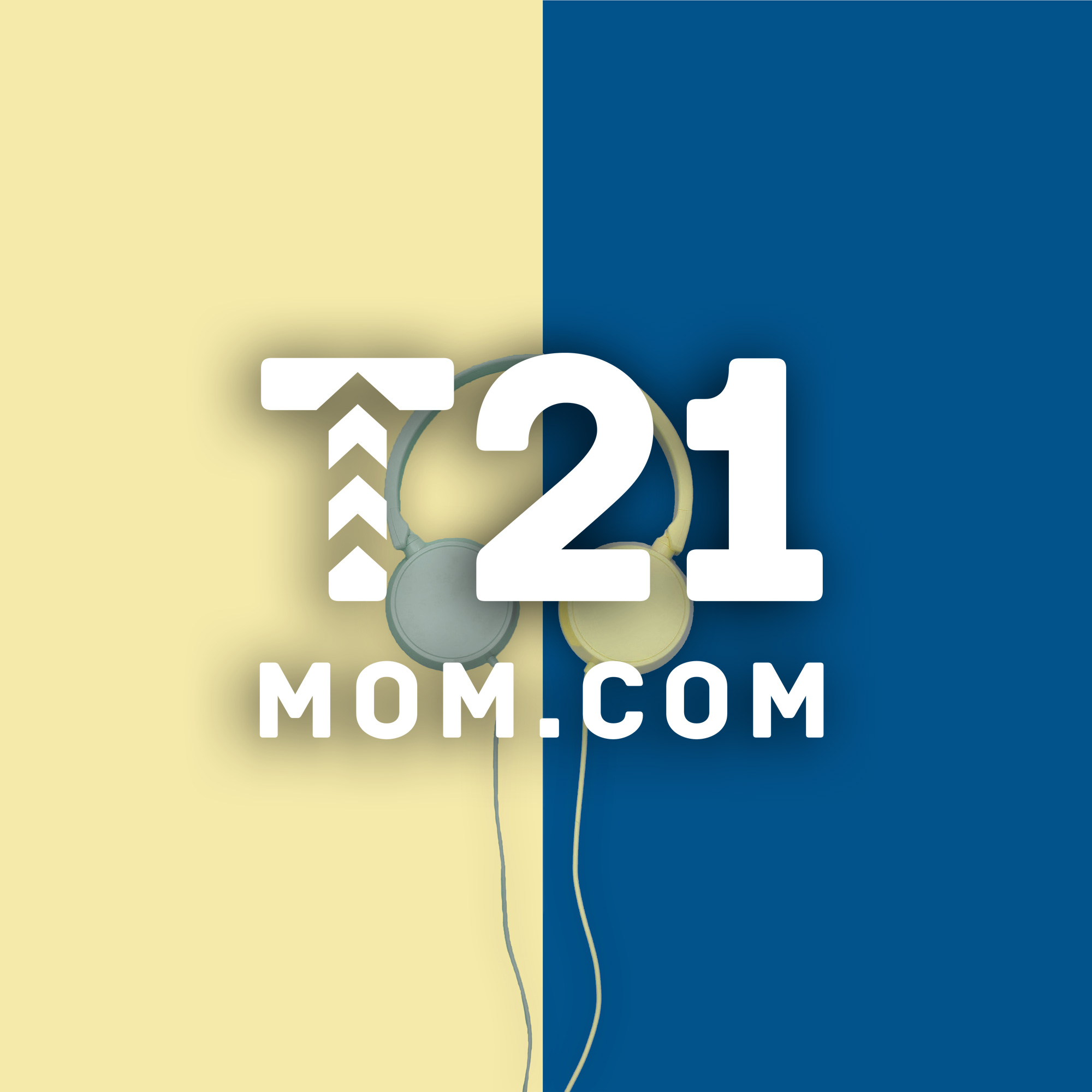
T21Mom-A Down Syndrome Podcast
T21Mom.com
The Collaborative IEP
Ashley Barlow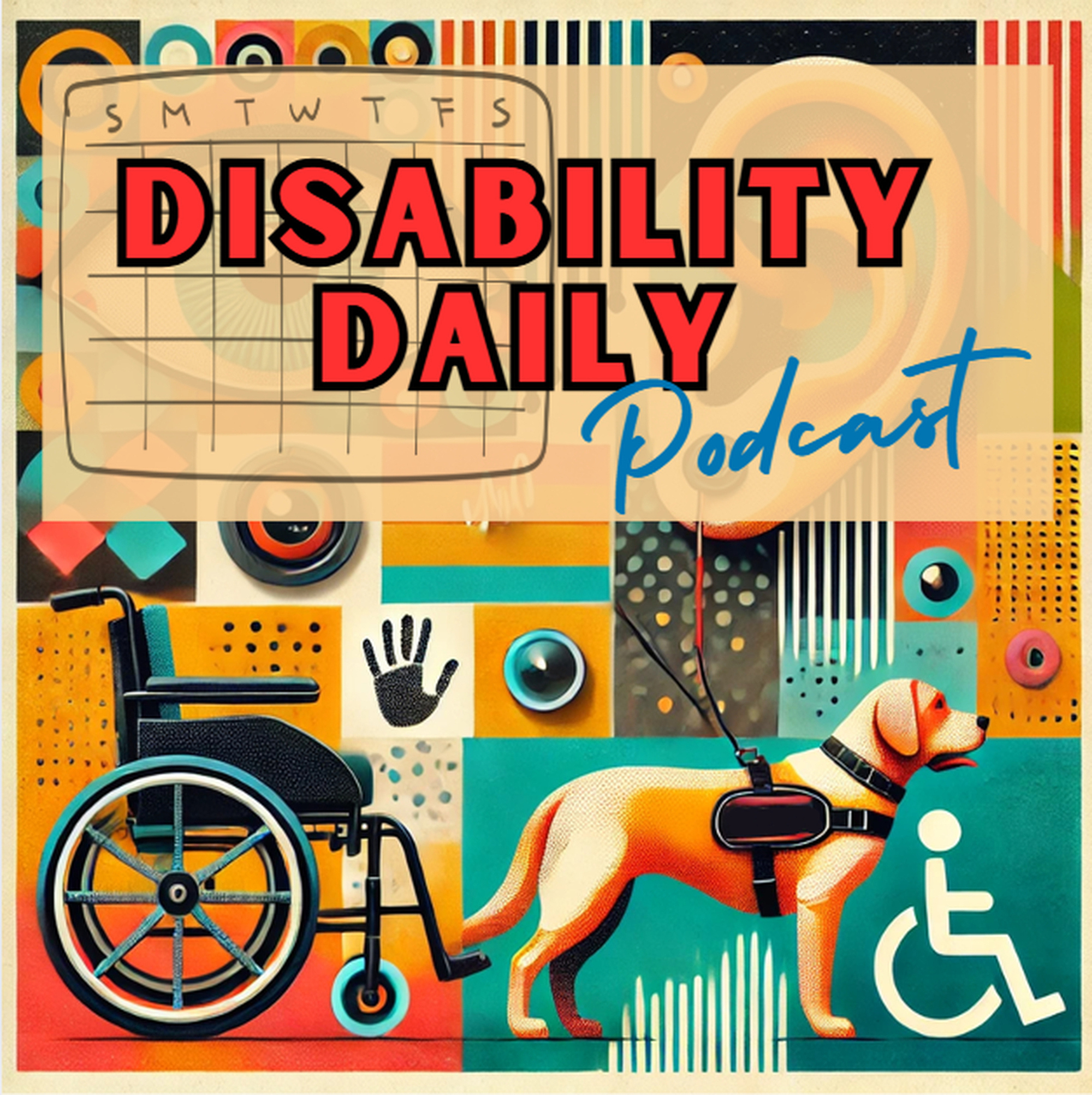
Disability Daily Podcast
Katie Healey, PhD, CPACC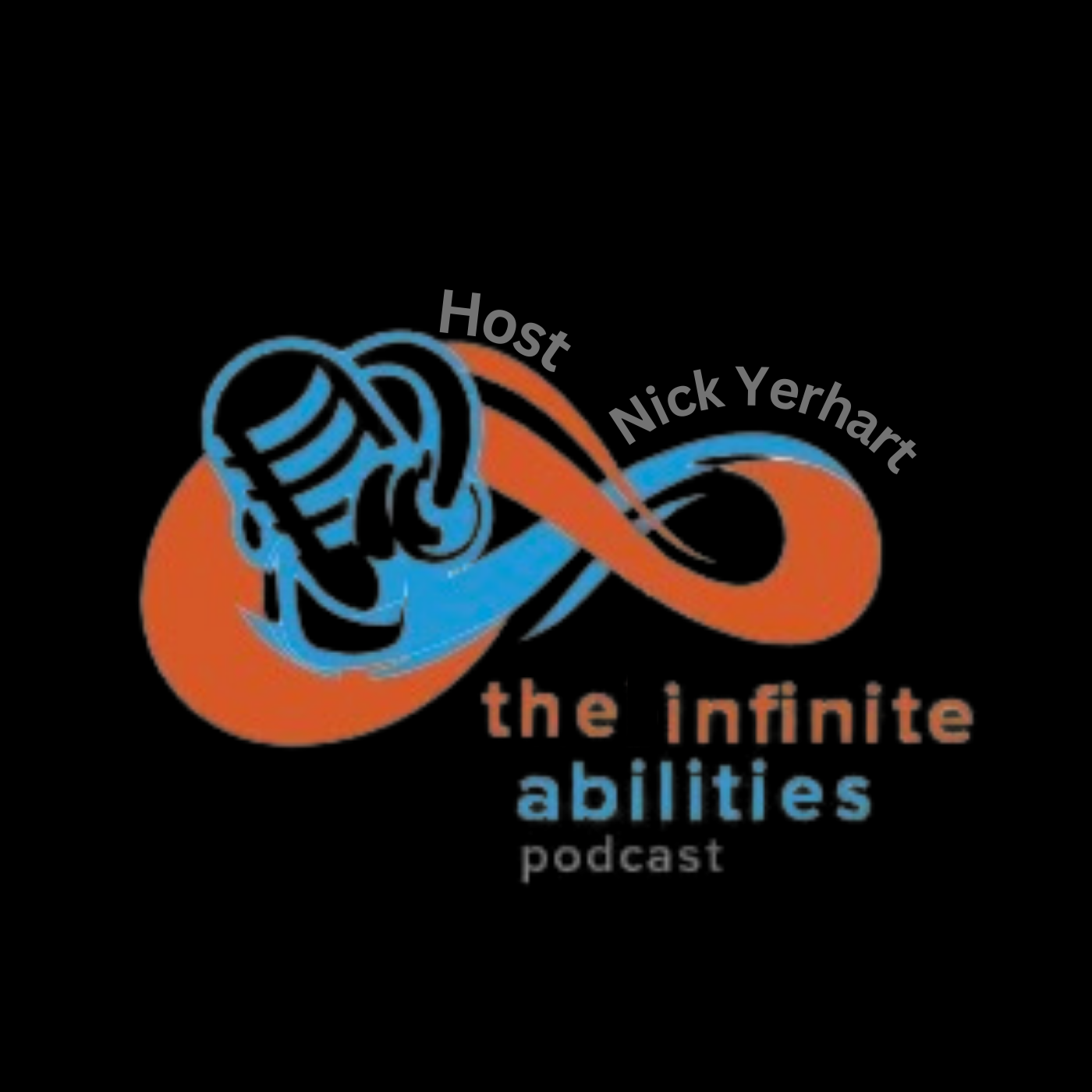
The Infinite Abilities Podcast
Nick Yerhart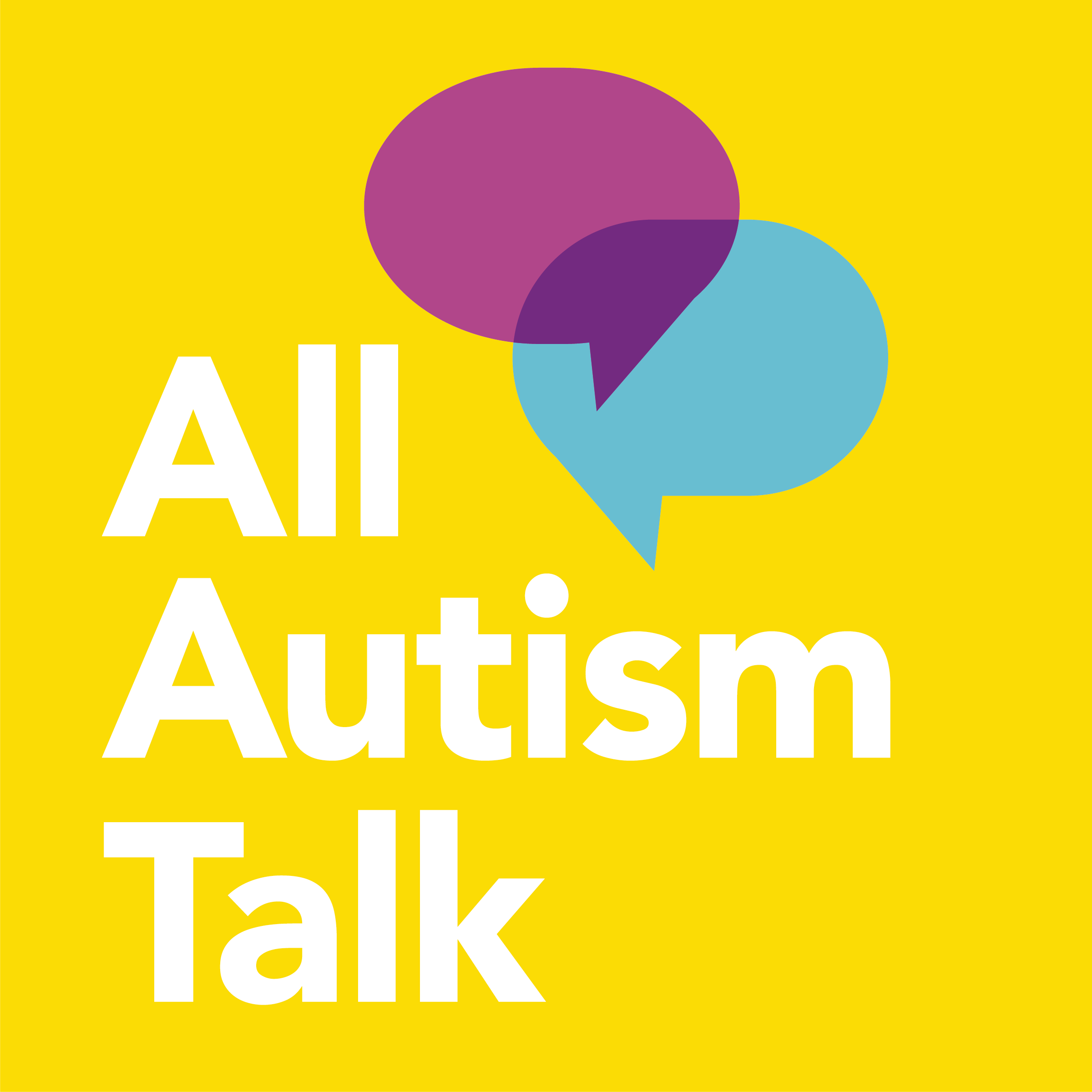
All Autism Talk
All Autism Talk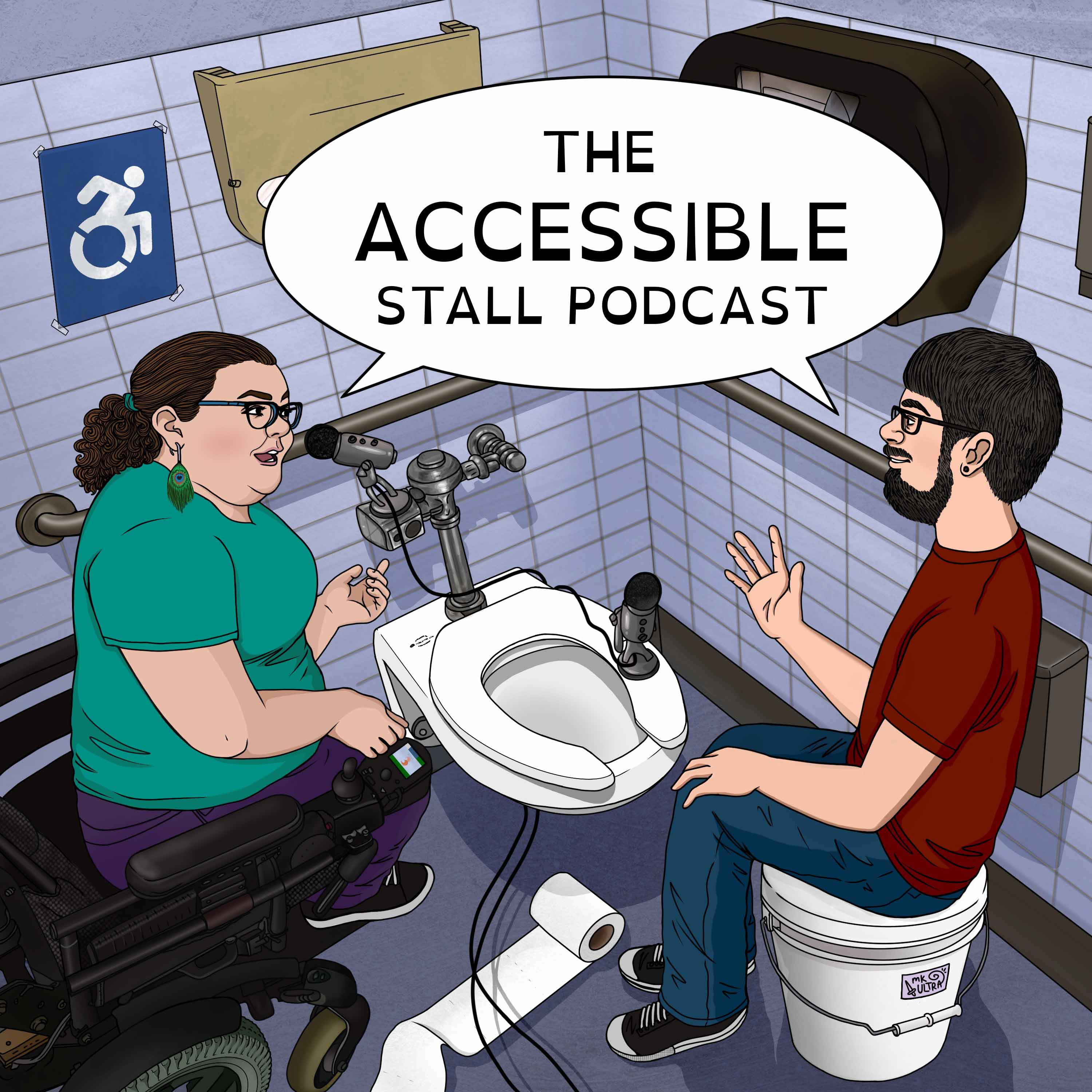
The Accessible Stall
Kyle Khachadurian and Emily Ladau
Disability Deep Dive
Disability Rights Florida
STAY Tuned: Supporting Transition-Age Youth with mental health conditions
STAY Tuned at Transitions to Adulthood Center for Research
Moms Talk Autism Podcast
Shannon Korza, Brittney Crabtree, Tash Dillmon, and Jean Mayer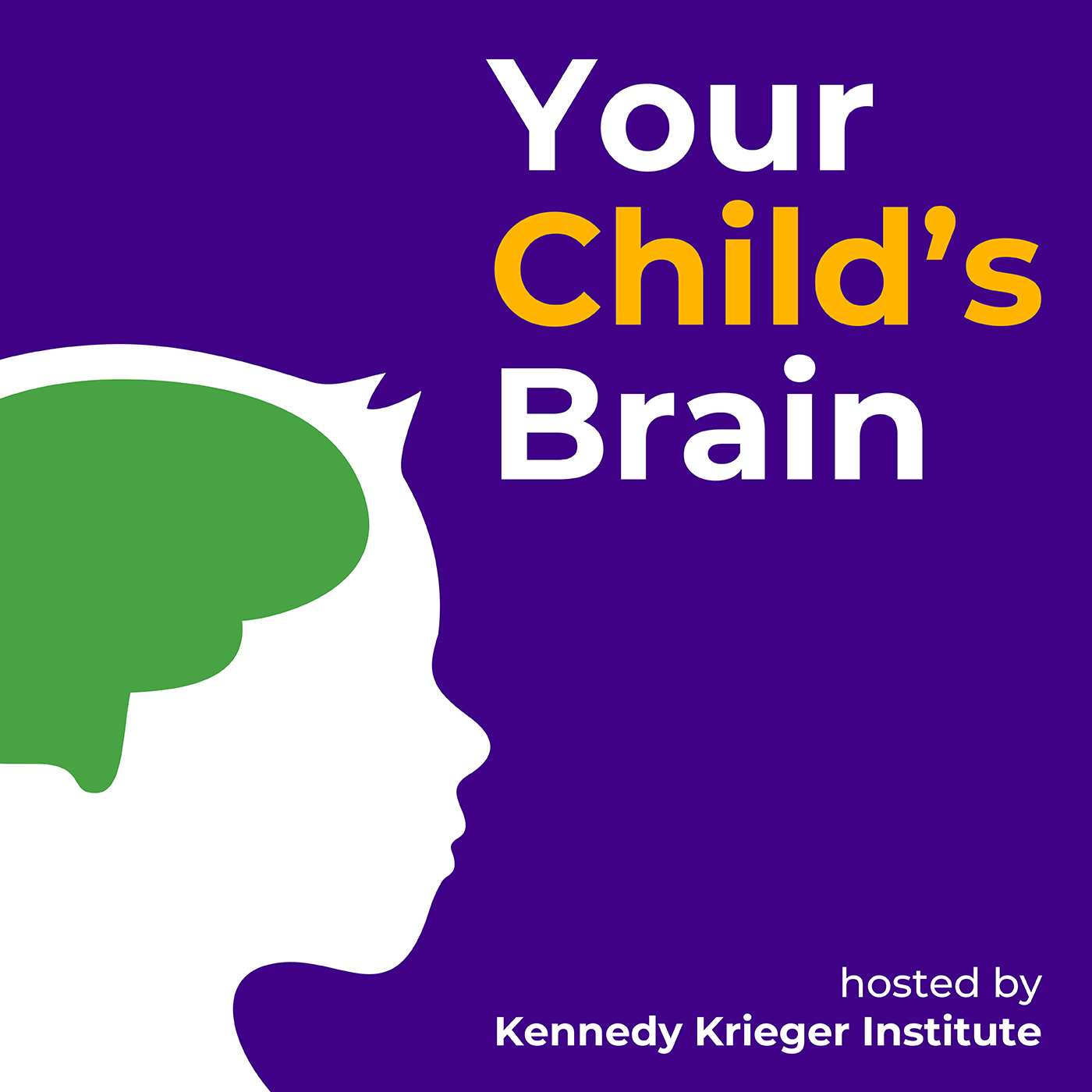
Your Child's Brain
WYPR Baltimore


